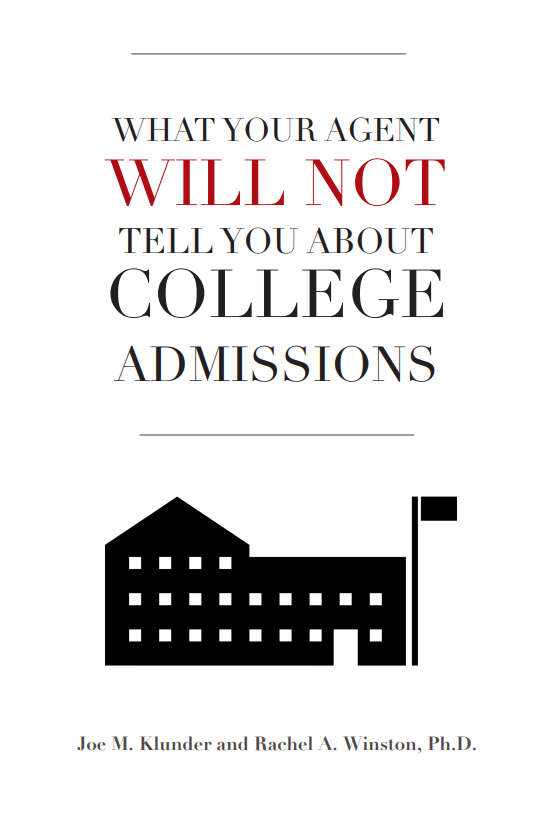BOOK

What Your Agent Will Not Tell You About College Admissions
A critical exploration of ethics in international college admissions, highlighting hidden practices and helping families make informed choices.
Click the Green Link to Download:
What Your Agent Will Not Tell You About College Admissions (Full Book Download)ńé╣Õć╗µ®ÖĶē▓ķōŠµÄźõĖŗĶĮĮ: ńĢÖÕŁ”õĖŁõ╗ŗńöĄÕŁÉõ╣”õĖŁµ¢ćńēł
About the Book
This book breaks down some widely held myths about the fairness of college admissions, shining a light on ethical issues that can arise, especially in competitive international contexts. From the role of admissions agents to the nuances of ethics in selection, it aims to help readers navigate the process.
The book addresses these critical questions:
- How do admissions agents influence decisions and is it always ethical?
- What should parents and students know to avoid misleading promises?
- What can be done to make the admissions process fairer for all applicants?
Preface
This book aims to debunk myths and provide readers with a more nuanced perspective on the college admissions process. It reveals cases where unethical practices can overshadow genuine efforts and suggests ways families can stay informed and cautious. A focus is placed on practices in countries like China, where agent misconduct has raised significant concerns.
In recent years, reports by major news agencies have highlighted instances of test cheating and bribery involving admissions representatives. For some students, this has resulted in test score cancellations and even expulsions from university. This preface sets the stage for a candid discussion on ethics and the role of agents in the admissions arena.
Chapter Highlights
Chapter 1: Introduction
This chapter outlines reasons for caution in college admissions, addressing concerns raised by admissions officers and providing an overview of the common pitfalls students face in the application process.
Chapter 2: There is No Best University; Look for a Good Fit
This chapter discusses the importance of finding a university that suits the student’s unique needs rather than relying on rankings, explaining factors like endowments, donations, and the value of college research.
Chapter 3: The Goal of Educational Counseling
Exploring the ethics of college counseling, this chapter differentiates between professional, reputable counseling and the unethical practices that some consultants may engage in, emphasizing skill-building for students.
Chapter 4: The Good and Bad of Test Preparation/Agent Companies
This chapter covers standardized test preparation, warning against deceptive practices and discussing the importance of choosing ethical tutors and test prep agents.
Chapter 5: Advocate for Yourself – No Special Permissions Needed
Encouraging self-advocacy, this chapter outlines strategies for interviews, research, and long-term planning, while explaining why students should think creatively and take control of their admissions journey.
Chapter 6: Universities Want to Work Directly With Students; They Hate Agents
This chapter highlights universities’ preference for direct relationships with students, covering issues caused by third-party agents and the importance of student-driven admissions efforts.
Chapter 7: Codes of Conduct for Competent Professionals
The final chapter introduces ethical codes for educational counselors, offering simple rules for identifying trustworthy advisors and explaining how ethical conduct plays a vital role in successful college admissions.